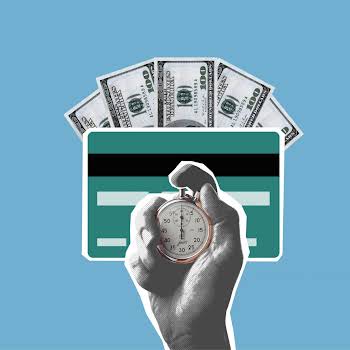
By Colette Sexton
20th Nov 2018
20th Nov 2018
Colette Sexton, news correspondent at The Sunday Business Post, on how to manage money in your fifties to protect yourself in the future.
Financial planning
Our fifties are the final full working decade for most people. With better healthcare and living standards, many people can expect to live for 30 years or more after retirement. Those years should be enjoyable and not spent worrying about money. If you have neglected financial planning for retirement in the past, there is still some time left to rectify that. One in two people have not reviewed their pension for the last five years or even at all, according to a survey by Amárach Research in 2011. A pension can seem like a daunting issue to tackle, so many choose to ignore it. Don’t do that. If you’re 58 or younger, you won’t be getting your State pension until you’re 68 so if you want to retire earlier than that, you will need to be able to support yourself. Research your pension. Know how much you will have monthly when you retire and work out if that is enough. If not, increase your contributions. Also, keep an eye on charges – these can add up very quickly and greatly diminish what goes in your pocket.
Save now, treat later
While some people might think that the best days of their career are behind them in their fifties, the truth is that you still have a third of your working life ahead of you. If you work in an industry where you earn a bonus or occasionally secure major commissions, instead of using it to treat yourself now, invest it in your retirement or an emergency savings fund. It might be difficult to stop yourself spending it all now, but picture yourself in 20 or 30 years’ time and imagine what that money will mean to you then, versus a short-term gratification from a new car or updated kitchen.
Insurance
If you have dependents that rely on you financially or for the work you do in the home, or if you have debts that your family could not pay if you die, you should ensure that you have life insurance. It is also a good time to look into critical illness cover, if you do not already have it. With critical illness cover, you can make a claim if you are diagnosed with a serious illness, such as cancer, a heart attack or stroke.
Prioritise paying back high-interest loans
A goal for many people is to pay off their mortgages, but if you have other higher-interest loans like credit card bills and personal loans, you should focus on paying them off first, and then pay off your mortgage to avoid huge interest repayments.
Be sensible when supporting your children
Your kids are probably in college, trying to get on the property ladder or even planning on getting married. If you can help them out with these financial burdens, that is great but do not do so to the detriment of your own future.























